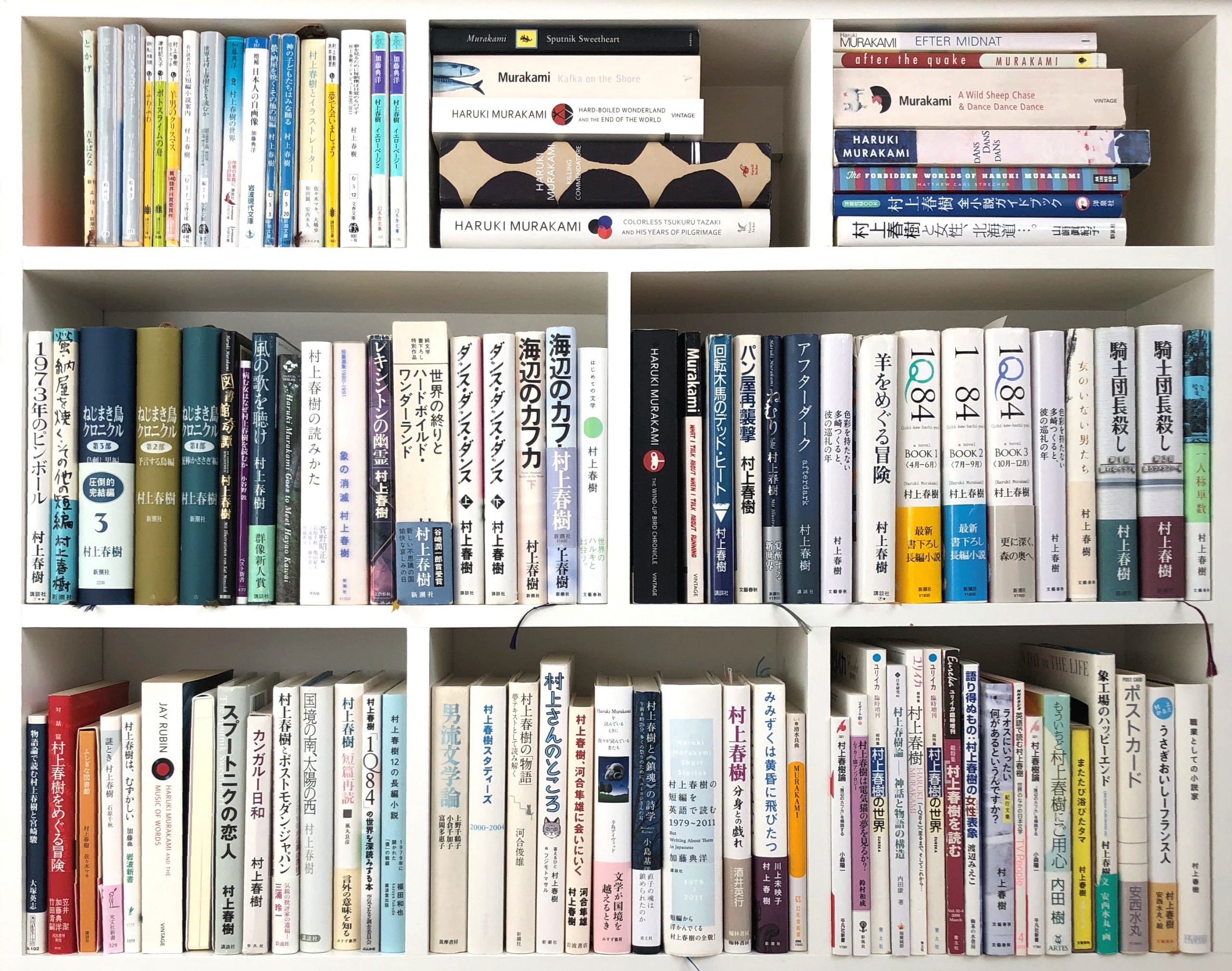
Gitte Marianne Hansen has co-edited a book on the works of the leading Japanese writer Murakami Haruki
It is a challenge to read Murakami Haruki critically, [but] we also aim to rise to that very challenge and create a space of critique...that allows everyone to muse on ‘our’ thoughts about Murakami liberally and enables those ideas to inspire our work going forward.
Gitte Marianne Hansen and Michael Tsang
A Gates Cambridge scholar has co-edited a new book on Murakami Haruki, who is considered by many to be Japan’s most high-profile contemporary writer.
Gitte Marianne Hansen [2009], now Senior Lecturer in Japanese Studies at Newcastle University, has co-edited Murakami Haruki and Our Years of Pilgrimage with Michael Tsang, Lecturer at Birkbeck College, University of London.
The book, published this month, contains contributions from prominent Murakami scholars and approaches his works through interdisciplinary perspectives, discussing their significance and value through the lenses of history, geography, politics, gender and sexuality, translation and literary influence and circulation.
 The book also features exclusive material that includes the cultural critic Katō Norihiro’s final work on Murakami, interviews with Murakami and discussions with his translators and editors, shedding light not only on Murakami’s works as literature but as products of cross-cultural exchanges.
The book also features exclusive material that includes the cultural critic Katō Norihiro’s final work on Murakami, interviews with Murakami and discussions with his translators and editors, shedding light not only on Murakami’s works as literature but as products of cross-cultural exchanges.
The title is a reference to Murakami’s novel Colorless Tazaki Tsukuru and his Years of Pilgrimage(2013). The editors say that this is not about a pilgrimage in a religious sense, but in the sense of a long and challenging journey in search of new meanings. In the novel Tsukuru tries to make sense of what happened in his youth.
The editors write: “So too have we – all readers, students, and researchers with an interest in Murakami – spent ‘years’ trying to think through his works. Hence, not only do we wish to second that, yes, it is a challenge to read Murakami Haruki critically, we also aim to rise to that very challenge and create a space of critique that Katō searched for – a space that allows everyone to muse on ‘our’ thoughts about Murakami liberally and enables those ideas to inspire our work going forward, just like Tsukuru’s friend Haida says in the novel: I want to think deeply about things. Contemplate ideas in a pure, free sort of way.”
The book is tied to an Arts and Humanities Research Council-funded project Gitte led a few years ago.
Born in Kyoto, Japan, in 1949, Murakami has received many international honours, including the Franz Kafka Prize, Jerusalem Prize and the Hans Christian Andersen Literature Award. His most recognised novels include Norwegian Wood (1987), The Wind-Up Bird Chronicle (1994-95) and 1Q84 (2009-10). As Gitte explains, his writing has been translated into more than 50 languages and his stories and characters are increasingly becoming transmedial, inspiring global producers of cultural products such as film makers, artists, travelogue writers, computer game programmers and dance choreographers – a research topic she also explored in the project.
Gitte first became interested in Murakami’s works while she was working as a teaching assistant and later as a Research Assistant at Waseda University in Japan before she did her PhD in Asian and Middle Eastern Studies at the University of Cambridge.
*More information about the book can be found here. The Murakami Haruki and Our Years of Pilgrimage book cover above is by Chris Jones and is taken from the art catalogue and exhibition Beyond Words: Transmediating Murkami Haruki which Gitte produced as part of the AHRC project. The top picture is from Gitte’s bookshelf.












